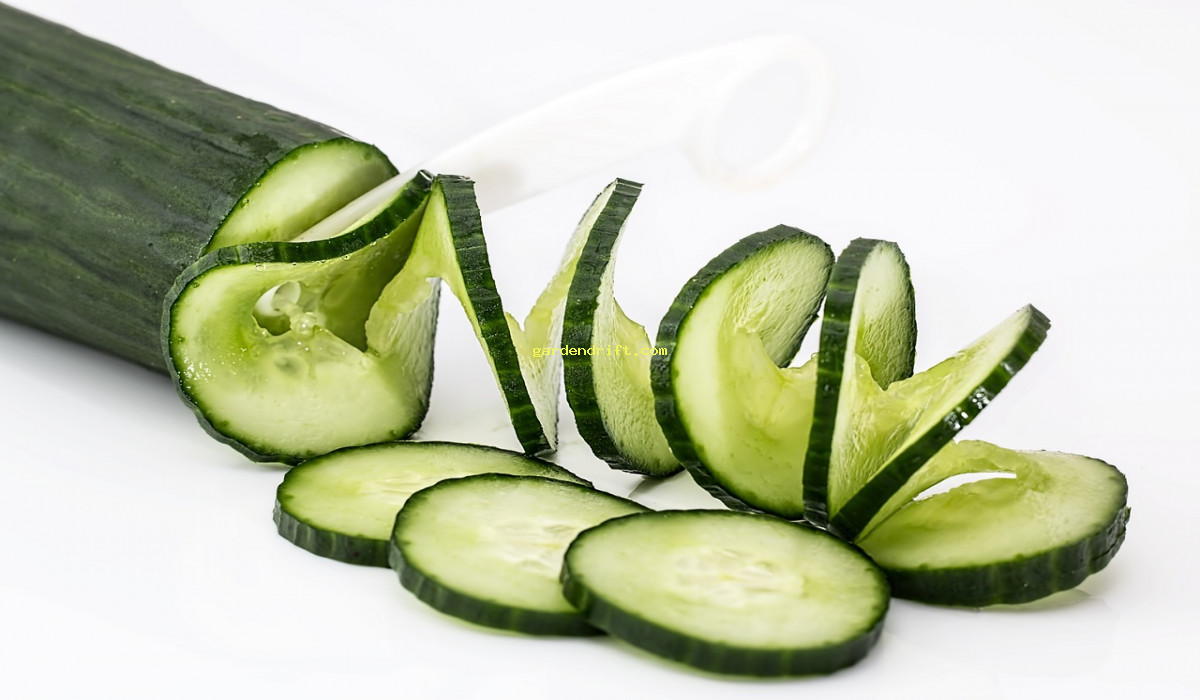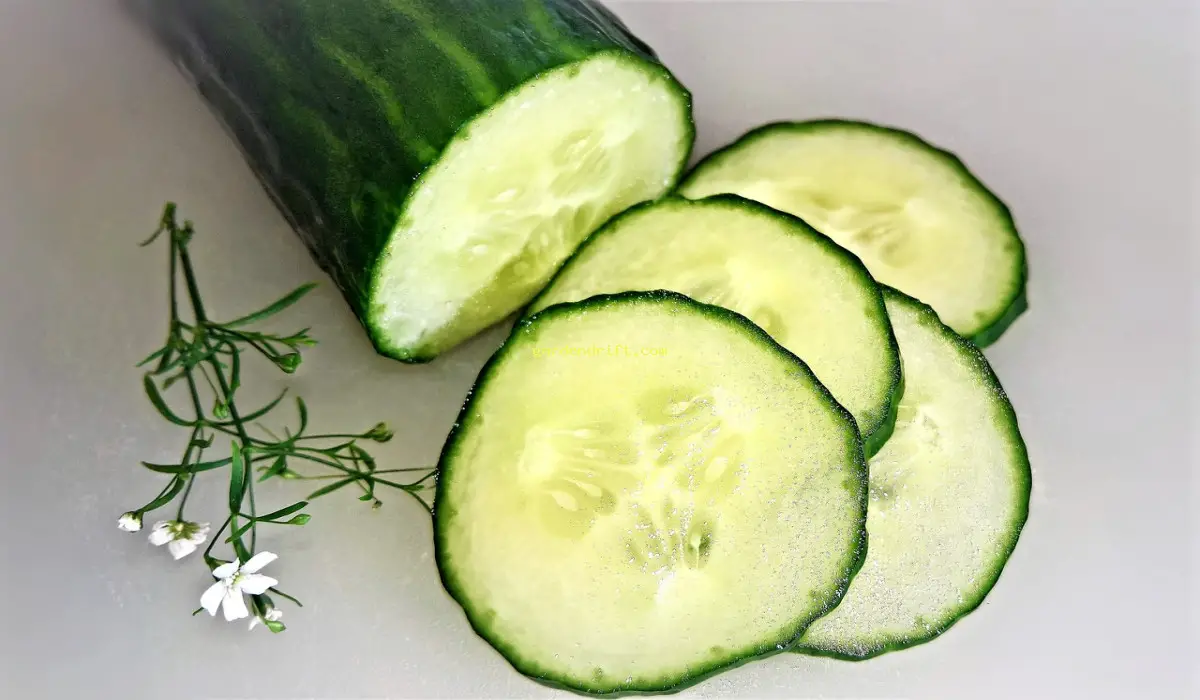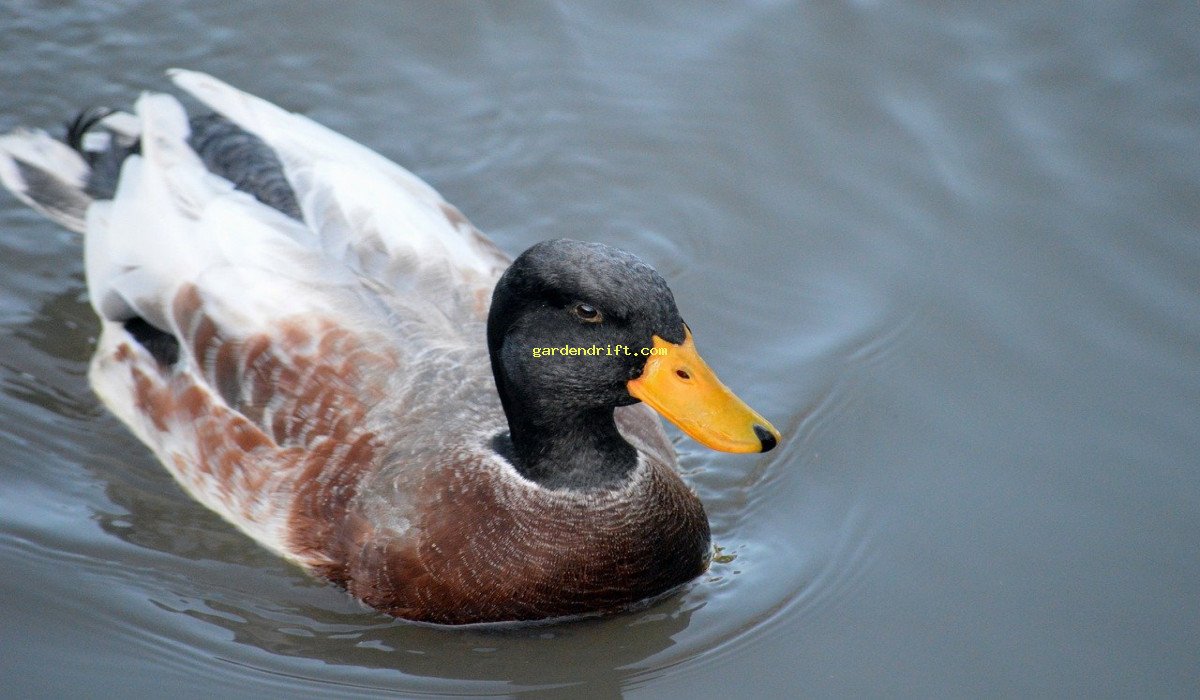5 Surprising Plant Pairings to Avoid with Cucumbers: A Guide to Healthy Growth. Are you looking to grow cucumbers in your garden? Choosing the right companion plants can make a big difference in their growth and yield. However, there are some plants that can actually harm cucumbers. Avoid planting cucumbers alongside strong-smelling herbs like sage and basil, as well as plants that attract pests, such as tomatoes and potatoes. These incompatible plants can stunt the growth of your cucumbers or attract destructive insects. So, make sure to do your research and choose the right companions for your cucumbers.
5 Surprising Plant Pairings to Avoid with Cucumbers: A Guide to Healthy Growth. sage and basil 5 Surprising Plant Pairings to Avoid with Cucumbers: A Guide to Healthy Growth
5 Surprising Plant Pairings to Avoid with Cucumber
Understanding Bad Companion Plants for Cucumbers
Cucumbers are a popular and versatile vegetable in many gardens. However,5 Surprising Plant Pairings to Avoid with Cucumber not all plants make good neighbors for this veggie. Some can inhibit their growth, attract pests or even potentially cause harm. As a gardener, it’s important to choose the right companions for your cucumbers to ensure a healthy and bountiful harvest. In this blog post,5 Surprising Plant Pairings to Avoid with Cucumber we will explore the top bad companion plants for cucumbers and why you should avoid planting them together.
The Importance of Companion Planting
Companion planting is a gardening technique that involves planting certain plants together to benefit one another. This technique can help to improve soil health, repel pests, increase pollination, and enhance growth. However, 5 Surprising Plant Pairings to Avoid with Cucumber when companion plants are not chosen carefully, they can have negative effects on neighboring plants. This is especially true for cucumbers, which are highly sensitive to their growing environment. Let’s dive into some of the worst companion plants for cucumbers.
Tomatoes
Tomatoes and cucumbers are often planted together in vegetable gardens. However, this combination is actually bad for both plants. Tomatoes are strong sources of solanine, a natural pesticide that can harm cucumber plants. On the other hand, cucumbers emit a substance that can inhibit the growth of tomatoes. Additionally,5 Surprising Plant Pairings to Avoid with Cucumber both plants have similar nutrient needs, which can create competition for resources and lead to stunted growth.
Potatoes
Potatoes are another common garden crop that should not be planted near cucumbers. These two plants share common pests, such as beetles and blight, making them more susceptible to infestations and diseases. Plants like potatoes, which have deep root systems, can also compete with cucumbers for water and nutrients. Pairing these two plants together can result in poor growth and a lower yield for both crops.
Aromatic Herbs
Aromatic herbs like sage, oregano, and mint can be bad companions for cucumbers. While they are great for repelling pests, the strong scent of these herbs can have a negative impact on the flavor of cucumbers. Cucumbers have a delicate taste and they can easily absorb strong flavors from surrounding plants. This can result in bitter or unpleasant-tasting cucumbers.
Corn
Corn and cucumbers should not be planted together, as they have conflicting nutrient needs. Corn is a heavy feeder, requiring a lot of nitrogen, while cucumbers are light feeders. This means that corn can quickly deplete the soil of its nutrients, leaving little for cucumbers to thrive. Additionally, the tall stalks of corn can shade cucumbers, inhibiting their growth and reducing the amount of sunlight they receive.
Onions
Onions can stunt the growth of cucumbers, making them a bad companion plant. Onions release a chemical that inhibits the growth of other plants, including cucumbers. This can result in smaller and weaker cucumber plants, and ultimately a lower yield. Furthermore, onions can attract onion flies and onion maggots, which can also harm cucumber plants.
Fennel
Fennel can be a problematic plant to grow near cucumbers. This herb can attract cucumber beetles, which can spread diseases to cucumber plants. Fennel also releases chemicals into the soil that can inhibit the growth of cucumber plants. For these reasons, it’s best to avoid planting fennel near your cucumbers.
Lettuce
Lettuce is a great cool-season crop to grow alongside cucumbers. However, when planted together, the cucumber will suffer. Lettuce has shallow roots and requires consistent watering to stay hydrated, which can create competition for water with cucumbers. Additionally, the large leaves of lettuce can shade out cucumbers, limiting their access to sunlight.
Sunflowers
Sunflowers should not be planted near cucumbers as they are heavy feeders and require a lot of nutrients. When planted near cucumbers, sunflowers can deplete the soil of nutrients, leaving little for cucumber plants to thrive. Furthermore, sunflowers can attract pests like aphids, which can also harm cucumber plants.
Broccoli
Broccoli is a heavy feeder, and when planted near cucumbers, it can compete for nutrients, water, and space. This can result in stunted growth for both plants. Additionally, broccoli can attract pests like cabbage worms, which can also harm cucumber plants. Keep these two crops separate to ensure optimal growth and health.
Melons
Melons and cucumbers are both members of the same family, the Cucurbitaceae family, and should not be planted together for two main reasons. First, they are both susceptible to the same pests and diseases, and when planted together, these issues can spread quickly and cause significant damage to both crops. Secondly, cucumbers and melons have similar nutrient needs, which can create competition for resources and lead to poor growth and lower yields.
Peas
Peas are another crop to avoid planting with cucumbers for the same reasons as beans. Peas are heavy feeders and require a lot of nutrients and water. When planted near cucumbers, they can deplete the soil of these resources, leaving little for cucumbers to thrive. Additionally, the tall vines of peas can shade out and compete for sunlight with cucumber plants. 5 Surprising Plant Pairings to Avoid with Cucumber
Pumpkins
Pumpkins and cucumbers are not a good match in the garden. They are both heavy feeders and require a lot of nutrients to grow. When planted near each other, they can compete for resources, leading to stunted growth and lower yields. Furthermore, pumpkins are known to attract cucumber beetles, which can transmit diseases to cucumber plants.
Cabbage
Cabbage is a heavy feeder and when planted near cucumbers, it can compete for nutrients and water, resulting in stunted growth for both crops. Cabbage also has shallow roots and needs consistent watering, which can create competition for water with cucumber plants. Additionally, cabbage can attract pests like cabbage worms, which can also damage cucumber plants.
Cilantro
Cilantro is another aromatic herb that can negatively affect the flavor of cucumbers. Its strong scent can transfer to cucumbers and make them taste bitter or unpleasant. Cilantro is also known to attract aphids, which can be damaging to cucumber plants. Keep these two crops separate in the garden to avoid these issues.
Strawberries
Strawberries and cucumbers should not be planted together for several reasons. First, strawberries have shallow root systems and compete with cucumbers for water and nutrients. This can result in stunted growth for both crops. Additionally, cucumbers can transmit diseases to strawberries, making them more susceptible to infections. Lastly, strawberries can attract snails and slugs, which can also harm cucumber plants.
In Conclusion
When planning your vegetable garden, 5 Surprising Plant Pairings to Avoid with Cucumber it’s important to consider companion planting. While some plants can benefit one another, others can have negative effects. As we have explored, cucumbers have specific needs, and certain plants can hinder their growth and production. By avoiding these bad companion plants, you can ensure a successful and thriving cucumber crop. 5 Surprising Plant Pairings to Avoid with Cucumber Happy gardening!

Are you looking to grow cucumbers in your garden? Choosing the right companion plants can make a big difference in their growth and yield. However, 5 Surprising Plant Pairings to Avoid with Cucumber there are some plants that can actually harm cucumbers. Avoid planting cucumbers alongside strong-smelling herbs like sage and basil, as well as plants that attract pests, such as tomatoes and potatoes. These incompatible plants can stunt the growth of your cucumbers or attract destructive insects. So, make sure to do your research and choose the right companions for your cucumbers.. “Companion Plants for Cucumbers” 5 Surprising Plant Pairings to Avoid with Cucumbers: A Guide to Healthy Growth
What are some bad companion plants for cucumbers?
Some plants that are considered bad companions for cucumbers include tomatoes, potatoes, and sage. These plants can compete for nutrients and water, attract pests, and affect the growth and flavor of cucumbers.5 Surprising Plant Pairings to Avoid with Cucumber

Why are tomatoes not good companion plants for cucumbers?
Tomatoes and cucumbers are both heavy feeders, meaning they require a lot of nutrients from the soil. When planted together, they can compete for these nutrients and result in stunted growth for both plants. Moreover,5 Surprising Plant Pairings to Avoid with Cucumber tomatoes and cucumbers are susceptible to similar pests and diseases, making it easy for them to spread to one another.
Can sage be a bad companion plant for cucumbers?
Yes, sage is generally not recommended as a companion plant for cucumbers. Sage is known to repel pests, but it can also discourage beneficial insects that pollinate cucumbers. Additionally,5 Surprising Plant Pairings to Avoid with Cucumber sage can inhibit the growth of cucumbers by releasing chemicals that inhibit their growth. It is best to keep sage away from cucumber plants.
